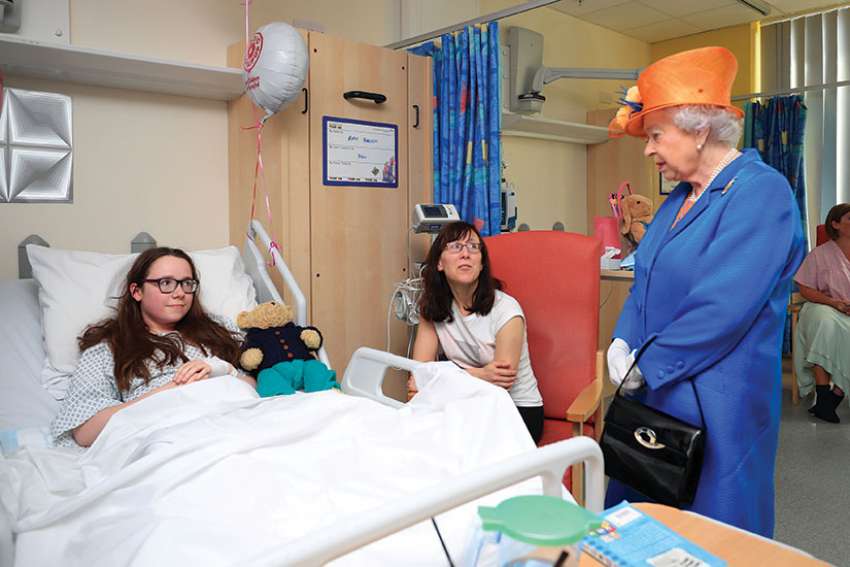Saffie’s sweet little face, framed in part by bangs, looks almost contemplative, with a wry half smile. It is frightening to think of the depth of grief that will follow this child to the grave and beyond.
I tend to look at the pictures of young faces that have been the victims of mass killings — whether at the hands of ISIS or just some run-of-the mill maniac with a semi-automatic weapon. By staring hard at these images, I imagine that I’m somehow keeping a part of them alive. It’s like saying I won’t forget you — but the sad truth is I eventually will. There are too many names to remember.
I look too because I find it incomprehensible that one so young be killed in the name of some misguided cause that dares to use God as a justification for murder.
It would be easy to say that what we witnessed in Manchester is part of the age we live in. That is too simplistic. No age has been free of senseless killing. We know more about violent attacks and we know it faster because of the speed of information. There was no golden time when everyone was good — unless you count the short time in Eden.
I’m certain that the author of Psalm 74 would still be asking his same questions today: “How long, O God, is the foe to scoff? Is the enemy to revile thy name forever? Why dost thou hold back thy hand, why dost thou keep thy right hand in thy bosom?”
Homicidal maniacs, those who think they are serving some higher cause but in fact are up to their eyes in filth, have always been with us. Consider the communist operatives who made sure three million Ukrainians, including babies, starved to death in the early 1930s. Think of the Nazi camp guard who could shove a mother and her screaming child into a gas chamber, or picture the orgy of violence in Rwanda in 1994 that saw 800,000 men, women and children butchered in less than three months.
Just like the pathetic little bomber in Manchester, all have envisioned some Utopia in which the cause of all their supposed ills are erased from the planet. They share in common a lack of ability to ever blame themselves for the misery of their own lives.
Trying to understand their entire lack of pity could drive a person mad. Endless libraries could be filled with tomes that have attempted to explain how people become this way — yet millions of words later these outbreaks of evil still erupt up here, there and everywhere and no explanation has really been good enough or even come close to an answer.
And yet as Christians we know the answer is simple: It is Christ. Christ was the answer, is the answer and will always be the answer.
It is in the Sermon on the Mount, it is in the parables of the Kingdom of God and it is on the bloody cross. There is no getting away from it.
I believe Christ in His agony was saying: I have taken all the sin of the world on my bleeding shoulders to break it on this cross. I have freed you from the cycle of violence and hatred. All you have to do is follow Me and all will be well but it will take tremendous courage and prayer. You can look for another answer, you can look to politics and sociology and psychology, but eventually you will only find the truth in Me.
The road to salvation is also the way of peace. He has already won the victory. Now we just have to tell others by living the life He asked us to live. It seems naïve but show me something else that has worked. Other solutions come from men; the real way comes from the God of love.
Live it every day and the world will change — that is the best we can do. Pray as if your very life depended on it because prayer is more powerful than any empty rhetoric. The souls of those little ones are watching.
“In God alone be at rest, my soul,” says Psalm 62. “For my hope comes from Him. He alone is my rock, my stronghold, my fortress: I stand firm.”
(Lewis is a Toronto writer and regular contributor to The Catholic Register.)


